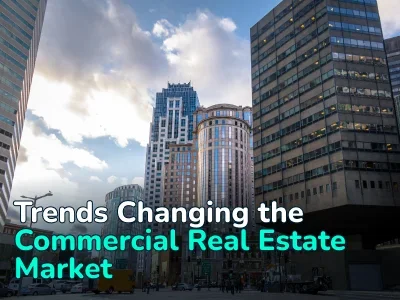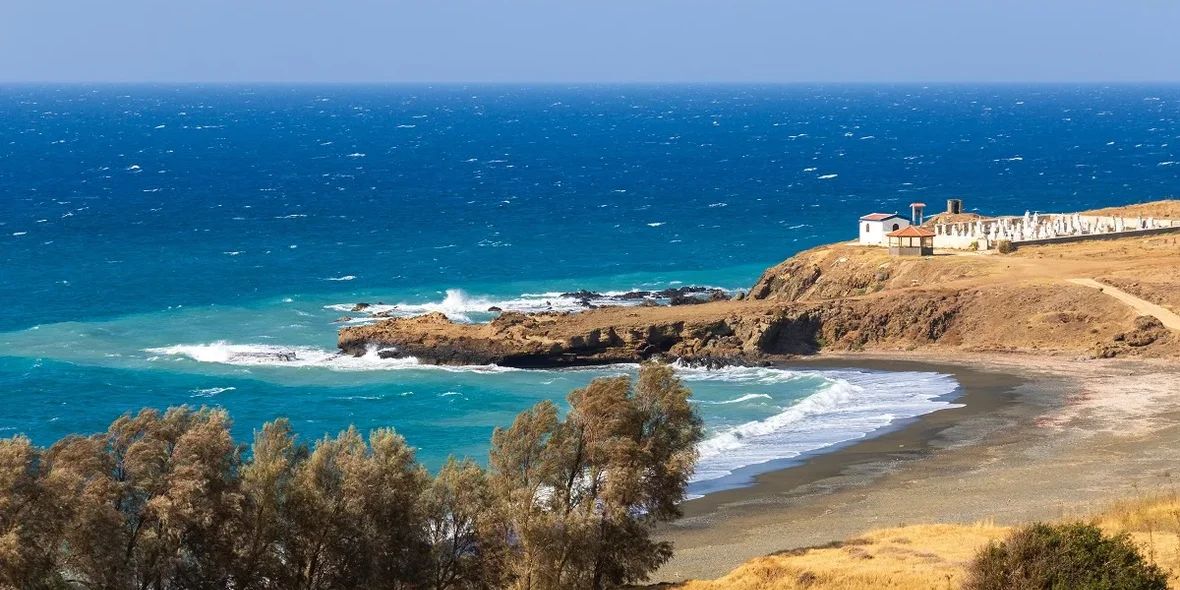
«I have lived in Latvia, Sweden, Cyprus and Bulgaria.» Irina tells what it’s like not being afraid of moving and high prices
Irina was born in Riga, Latvia, where she studied and grew up. In 2008 she decided to move to Sweden to live with her beloved, and from that moment her «moving adventures» began. Over the next 15 years, she managed to change countries three times, and she’s not planning to stop. Now Irina lives with her family in Bulgaria, but she is in no hurry to buy housing — she isn’t sure that she will want to live there in the future. In her interview with Realting.com, Irina told why she is not at all afraid of moving and why life on an island is not as attractive as it seems.
«The three of us could barely live on a 2000-euro budget.» Pros and cons of living in Cyprus
— I was born in Latvia to a Russian-speaking family. I studied in Riga, then started working. But then I moved to Sweden for loved — my partner and I lived there together for about a year. But then, one time, when winter was raging in Sweden and it was about −30° outside, we went to visit a friend of my husband’s in Cyprus. It was warm and sunny on the island at the time, and I realized that I did not want to return to the cold. We immediately began looking for housing in Cyprus, and almost immediately moved. Renting a house in Cyprus is not a problem, so we easily found an option not far from his friend — a villa for 850 euros per month.
If we talk about the cost of living in Cyprus, then the three of us could barely live on a 2000-euro budget. This is only for groceries, a private school (300 euros per month) and housing, without any additional expenses like trips or travel.
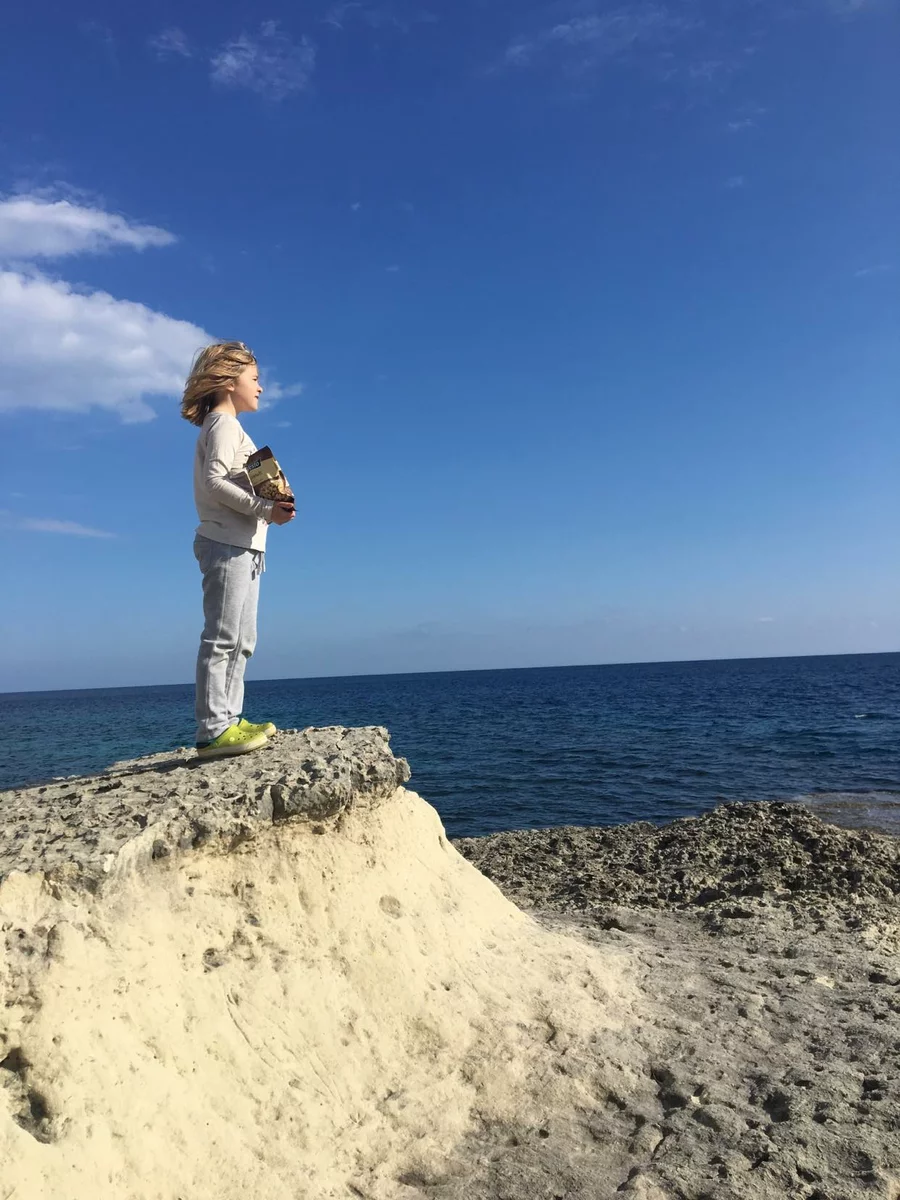

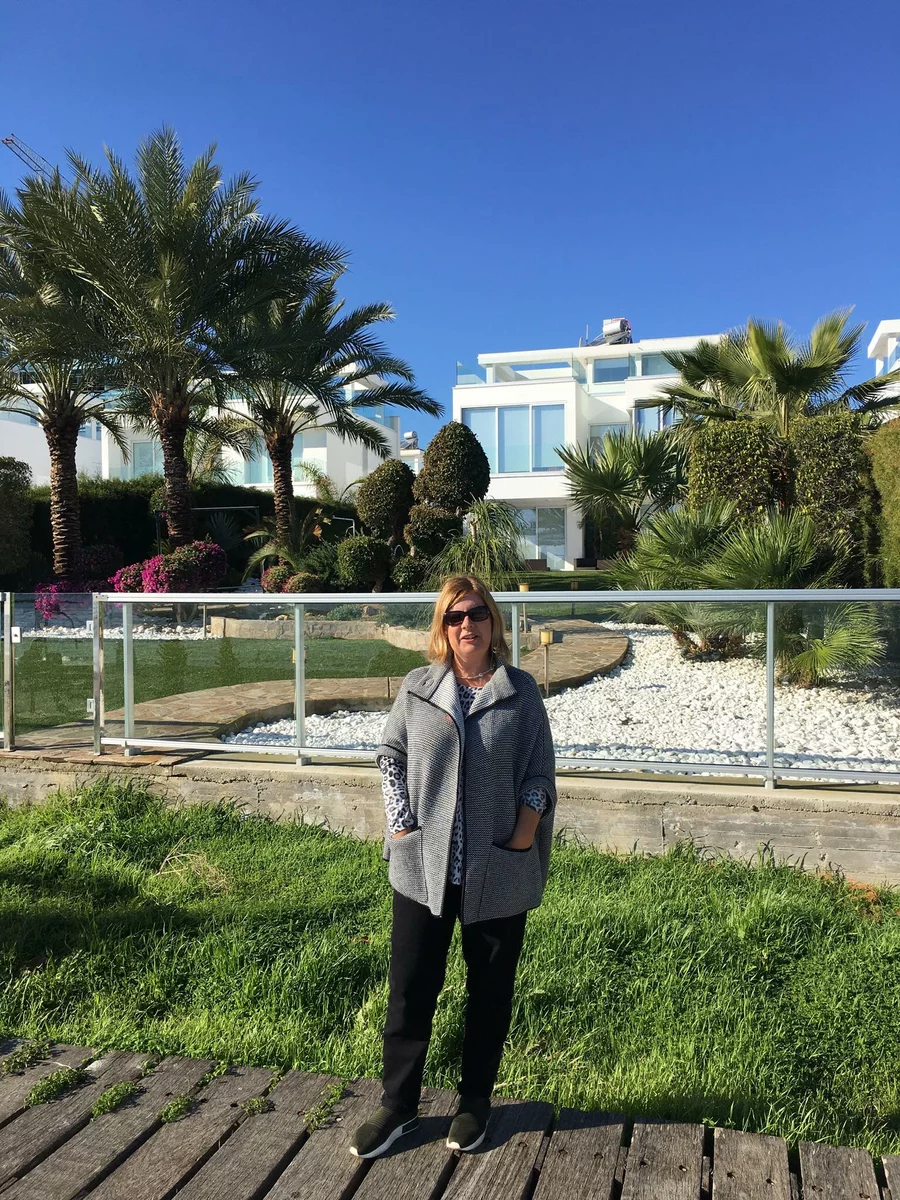
We chose our new place to live for the next 12 years almost by accident. Of course, after Sweden, it took us some time to adapt.
According to my observations, Cypriots are very slow. They are in no hurry at all, even in business matters, and many Europeans do not understand this. And if it comes to ordinary everyday issues, then everything is super-slow. For example, if you call a foreman to fix something around the house, you can not even hope to see him earlier than in a few days’ time.
At the same time, Cypriots take everything quite lightly — this is good and bad at the same time. On the one hand, this means complete freedom of opinion, self-expression; on the other hand, even in those matters where it would be worth hurrying up or putting more effort, Cypriots have a «don’t worry, be happy» attitude.
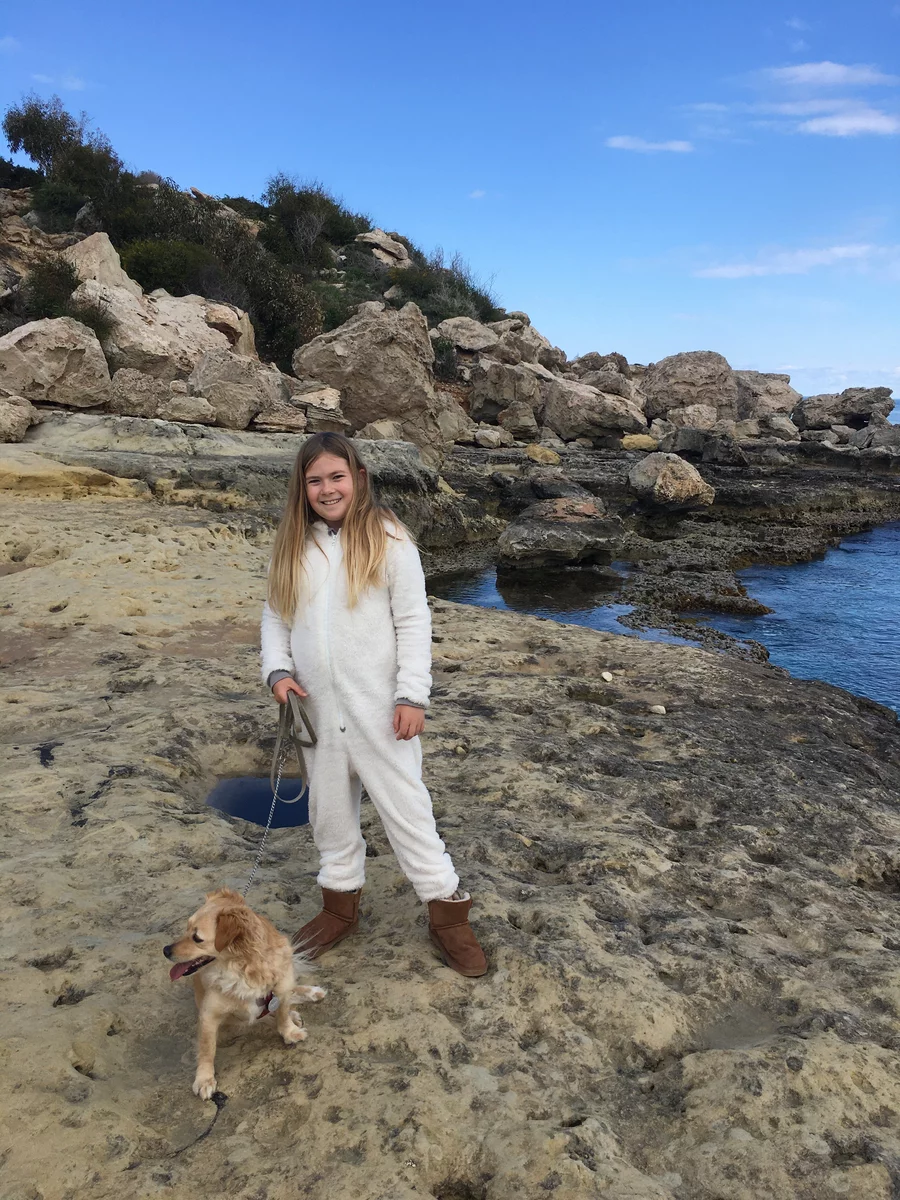

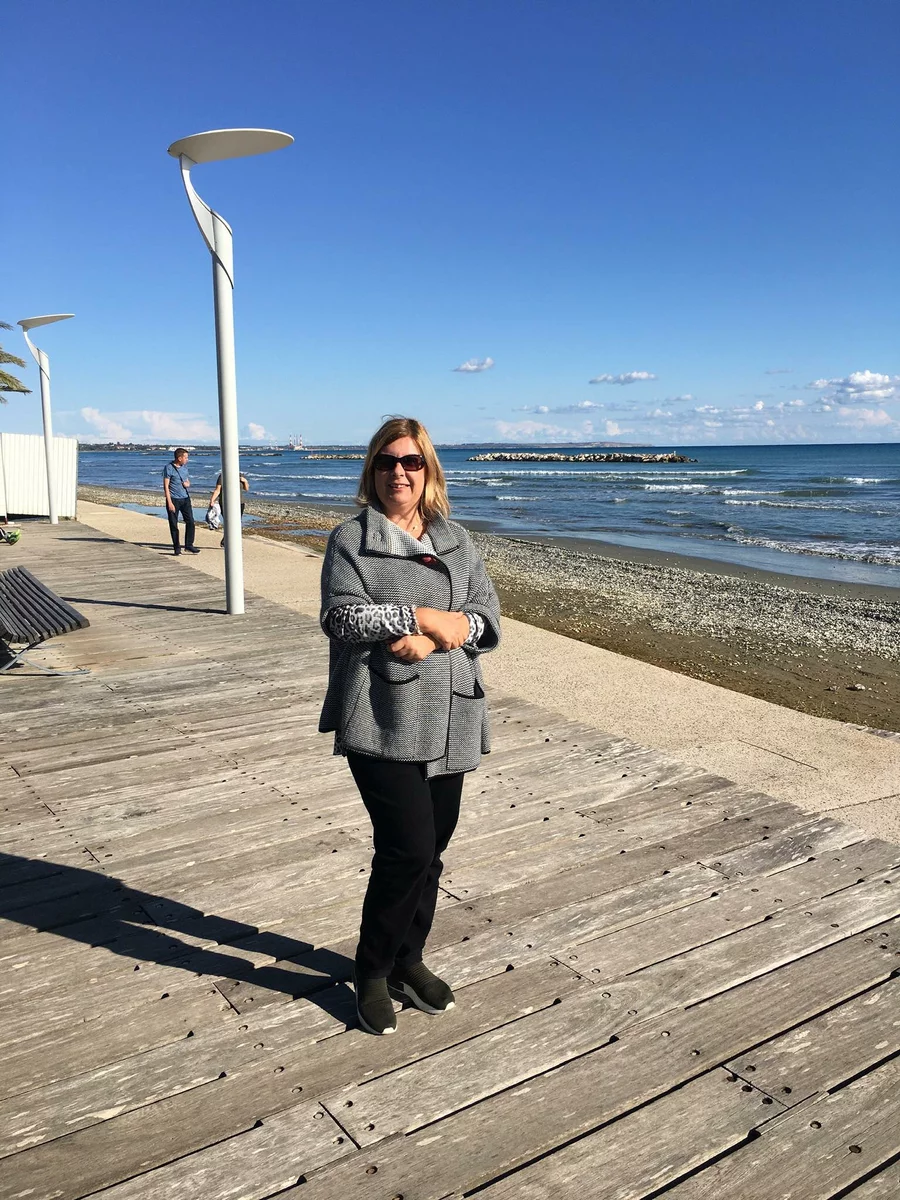
What bothered me a lot in Cyprus was the tourists and the heat in summer, so we often left for Latvia during this time of the year.
In general, life on the island has many advantages: the sun, the sea, good weather, year-round fresh fruit. However, there are also disadvantages: it is still an island, it is strongly limited territorially and at some point the feeling of complete freedom and openness of borders disappears. I realized that this greatly burdened me, and more and more often I began to come up with proposals to move to some other country. My husband did not agree for a long time, however, when the pandemic struck, they began to take rather harsh measures in Cyprus: for example, there was a time when it was possible to leave the house only once a day. How did it work? You sent an SMS to a certain number, and in response you received an SMS permission to walk outside for a certain amount of time.
This was the last straw for our family, and we left after the first lockdown. By the way, we left Cyprus as a family: with our daughter, a cat and a dog.
«We managed to find a small window between lockdowns and moved to Bulgaria»
— After Cyprus, we decided to go to Bulgaria. The country was chosen according to several criteria: its low taxes, strategic location on the mainland and a good climate. It was also important for us that this was a European Union country, because we have European passports. As in Cyprus, Bulgaria has a lot of sun, warmth, the sea and year-round fruit. Plus, I love gardening and Bulgaria is perfect for that.
Our preparations for the move took about two months. Our move happened in August 2020, and we managed to get into that «window» when everything was open after the first lockdown.
By the way, the peculiarities of life in Cyprus showed themselves when moving. Many of our personal belongings and pieces of furniture had to be left on the island, because shipping them in a container by sea cost about 10,000 euros. As a result, we bought a trailer (my husband modified it a little), which we completely packed with our personal belongings on the principle «if it fits, we take it with us.» The trailer was sent by sea to Athens, and we flew by plane. Why Athens? Because a year before the pandemic we managed to buy a motor home that was parked in Athens. It was there that our things arrived, we loaded them up and went all together to Bulgaria.
I must say, it was also quite an adventure, because everything was packed with things, and the ride was, to put it mildly, uncomfortable. In addition, the car stopped several times to «rest» because it had been standing for a whole year and there were some problems with the batteries. But still we got to Bulgaria.
The first city where we stopped was Plovdiv. I cannot say that it took us a long time to choose a city — in fact, we just pointed our finger at the map. The main selection criterion was an English-language school at an adequate price, which we found in this city for our daughter. However, as soon as we moved, schools were quarantined and everyone was homeschooled. As a result, we never got to that school, but we found an American school with online education, where our daughter is now enrolled. As a result, her attachment to any school at all disappeared.
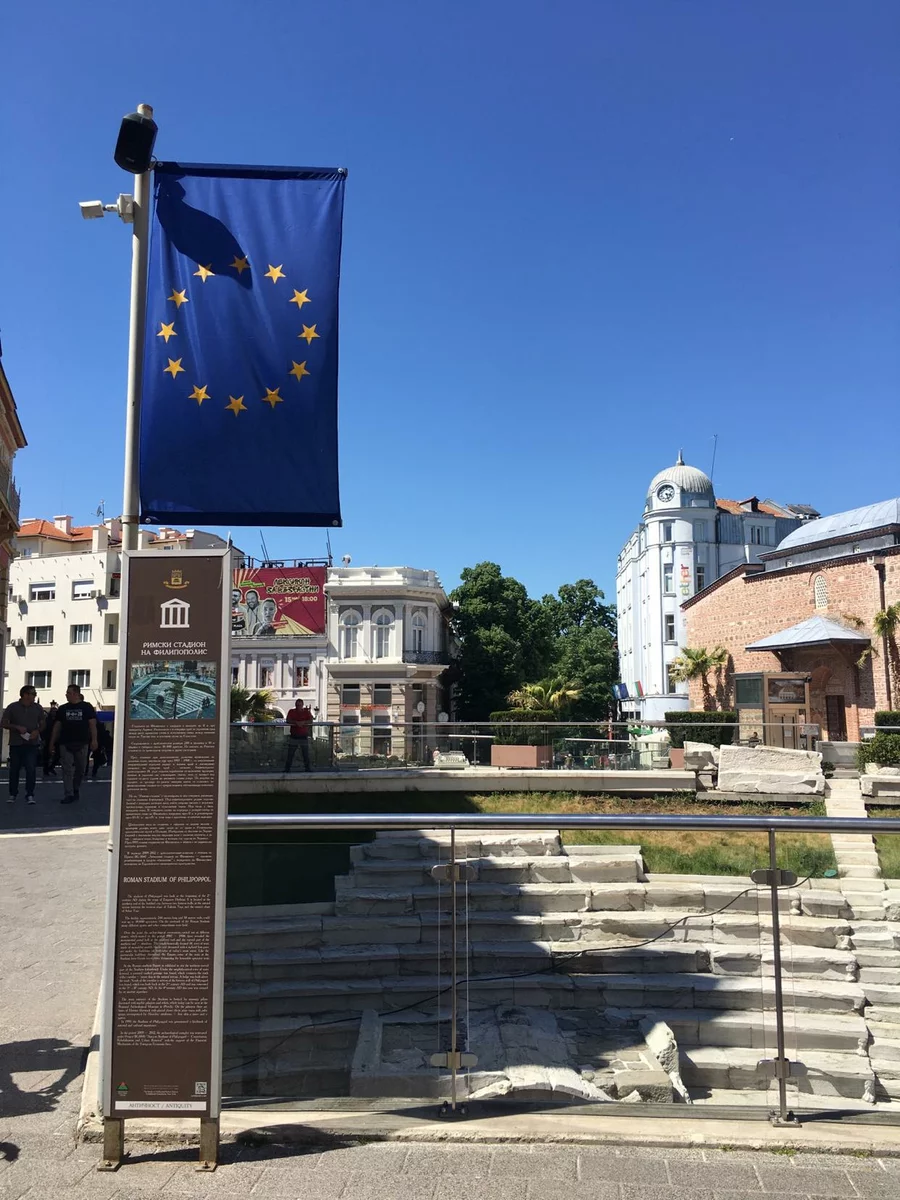

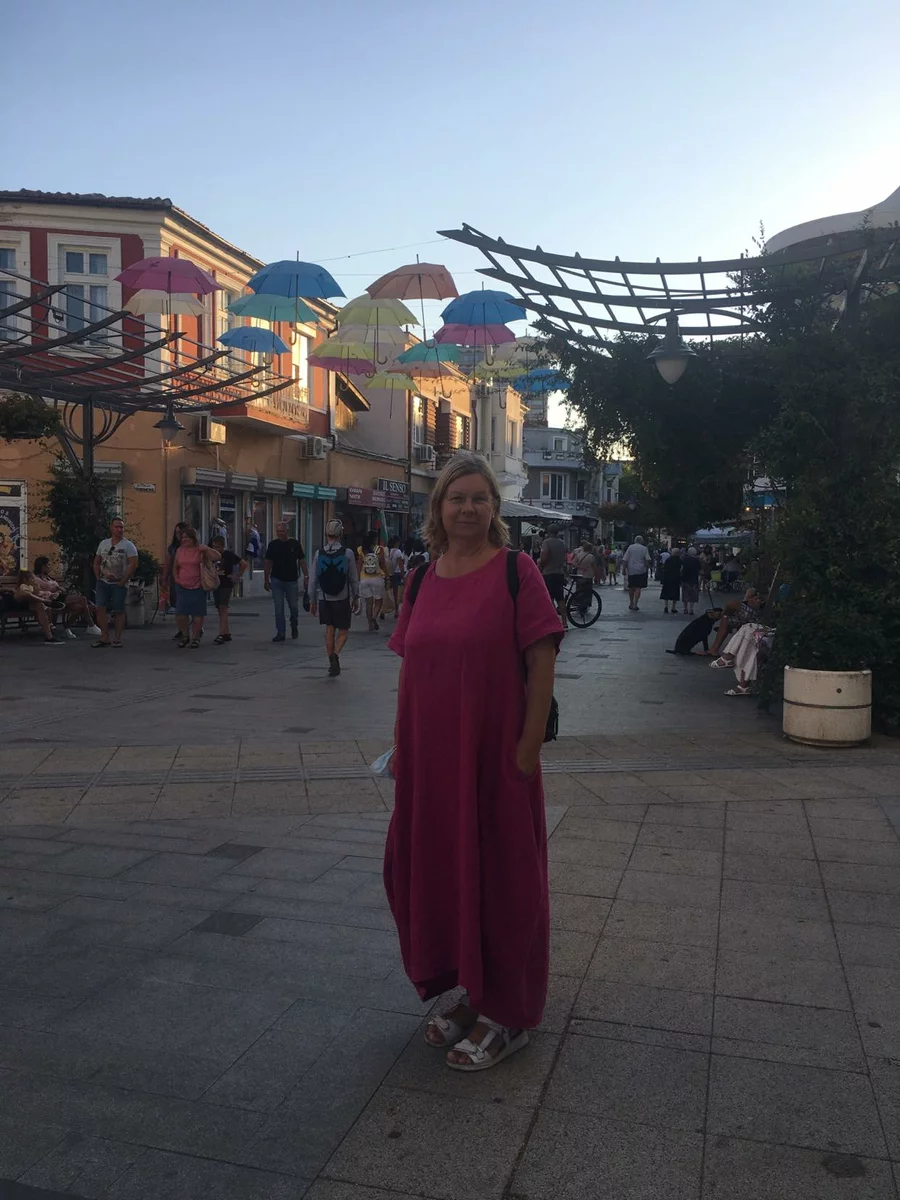
«I didn’t expect anything special from Bulgaria.» Pros and cons of living in Bulgaria
— Why is Bulgaria good? The first advantage of the country is its low taxes and low prices (compared to Cyprus, everything here is half the price). Nature has also become an advantage for me — it is closer in «temperament» to our Baltic nature, but we still get the sea and a milder climate. I like that Greece and Turkey are just a stone’s throw away and you can even go there for a weekend to relax, provided the borders are open, of course.
Another benefit is the delicious local produce. Here you are sure that you are buying fresh vegetables and fruit that are grown on this land.
When we arrived in Bulgaria, I did not expect anything special, but it turned out that this is a very interesting and beautiful country. Cyrillic, which I can read freely, is a nice bonus. As a result, without even studying the language specifically, I understand what is written in advertisements or local newspapers.
There weren’t many difficulties in moving to Bulgaria for us. This is because we found Facebook groups of people who had moved to Bulgaria, and there we managed to learn all the nuances that we needed. For example, we asked all of our questions about the preparation of the necessary documents for a residence permit, and found the information very quickly. Also, these groups organized offline events for expats, where we met a lot of people. And in the end, our adaptation process was quite quick — we have been living here for a year, and it seems that we already know everything.
Out of the minuses in our city, I would mention the lack of shopping as such. There are few clothing and footwear stores here, there are only three shopping centers, but they all have the same stores, and it’s hard for me to find something suitable for myself. Another drawback is that there are few playgrounds — those that exist are designed mainly for very young children.
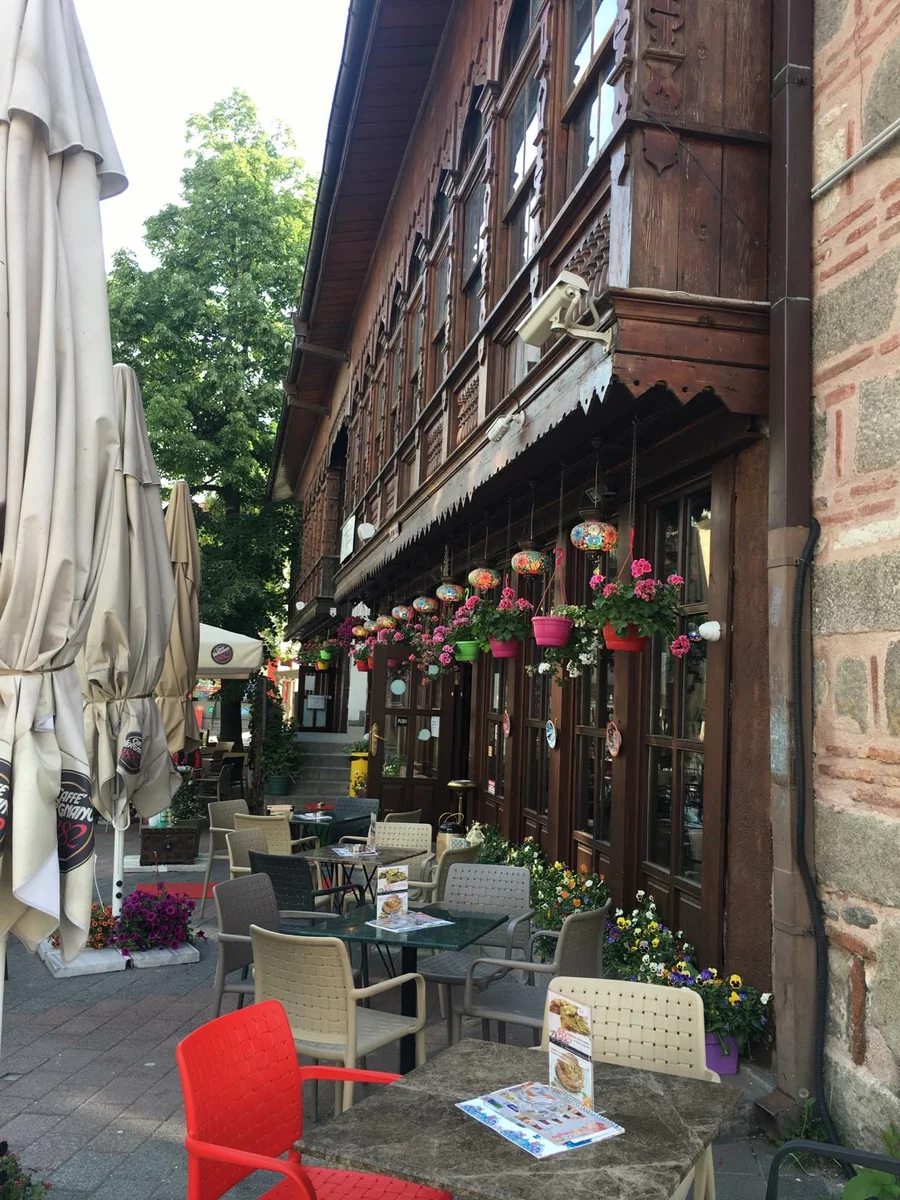
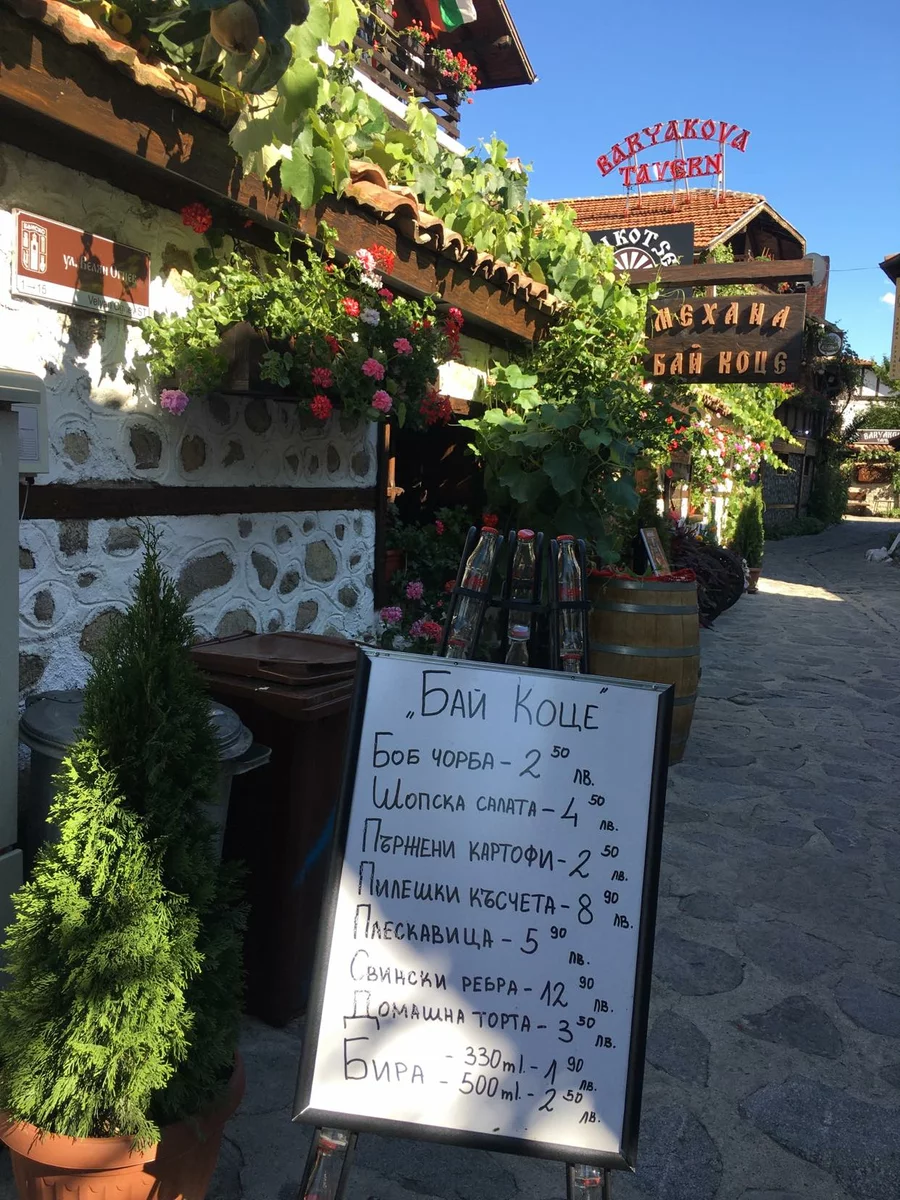
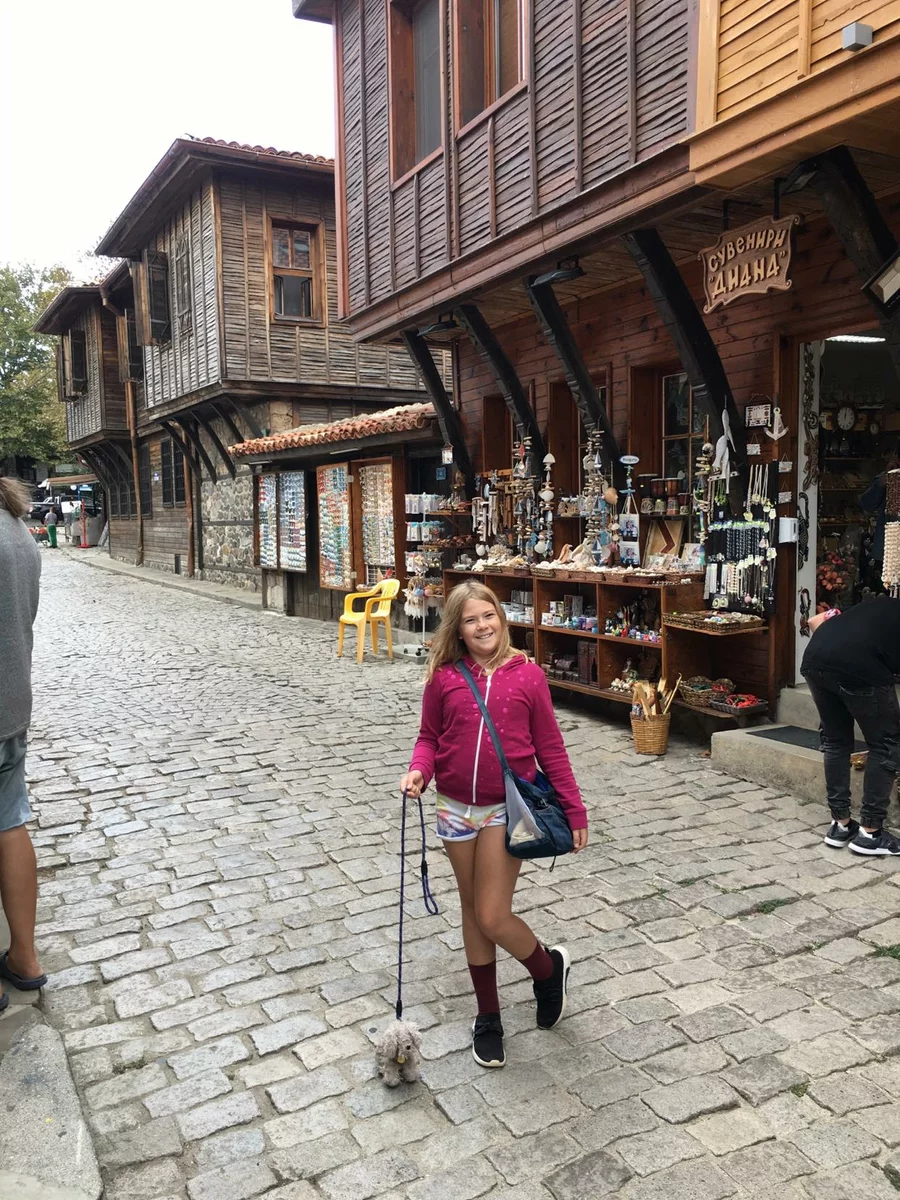
— The move helped us solve some of the problems we faced in Cyprus. First of all, freedom. Freedom from those pandemic restrictions that are in place in the Baltic States and Cyprus. That was quite important to us.
The second advantage is that there are more financial opportunities in Bulgaria. This is a different standard of living — here you can feast on the same money that we spent in Cyprus.
The negative point is not knowing the language. I cannot say that this is a big problem, but there is still a language barrier — not knowing the Bulgarian language narrows our circle of communication. However, there are enough people here who speak Russian or English. This is enough for now, and then we’ll see.
In general, it is interesting, because we have a very international family that knows and speaks different languages. I know Russian, Latvian and English, and my husband, a Swede, knows only Swedish and English. By the way, it is most difficult for him in Bulgaria, because he does not know Russian.
In terms of mentality, Bulgarians are very different from Latvians or Swedes, who are more reserved and cautious. Bulgarians are people of the sun, they are open, friendly, smiling all the time. However, many of them have traits of «poverty» and economy in their character, but this, of course, depends on the person and social circle.
A little about prices in Bulgaria
— In the city of Plovdiv, we rent an apartment with one bedroom (as we used to say, a two-room apartment) for 225 euros a month. Of course, prices vary depending on the area and the size of the apartments, but even taking this into account, rental housing is cheaper here than in Cyprus, Riga or, even more so, in Sweden.
Public utilities are very cheap here. In winter, for house and apartment we paid only around 150 euros (heating by electricity). In September, we paid about 20 euros for electricity and about 7 euros for water. Garage rent is 60 euros per month, while a parking space on the territory of the house costs 30 euros per month. As a result, we spend 1,000 euros or more per month on life (a family of three). This includes rent, utilities and meals.
As for purchase prices, there are options for absolutely any wallet. You can buy a «wrecked» house for 5,000 euros somewhere in the northern part of the country, or you can buy a villa for 100,000 or more — it all depends on the person’s request.
The cost of a square meter of housing in Plovdiv now goes from 500 to 900 euros. In our opinion, it is profitable to buy housing now, taking into account the economic situation, but we are still in no hurry to do it. Because at this stage of our life we are not sure that Bulgaria is the country where we will stay forever. Our goal is to live for a bit in the country and decide if everything here suits us. And maybe a little later we will think about buying a house in Bulgaria.
Now we are moving again — this time to a village near Yambol, 69 kilometers from Burgas and the Black Sea. It was there that we found our dream home for a reasonable price (for rent, of course). Let’s see if we like life in the village.
In my experience, moving to another country is very easy. In fact, it is «pick up, pack and move.» It is difficult to do this for those people who do not have a European passport — I have an EU passport and I can live in almost any European country. Therefore, for me, moving is cool, inspiring and driving. It means new food products, new people and traditions, new rules of life in society and a different environment. I like this feeling of novelty, that’s why I’m not sure that we will stay in Bulgaria.
In some ways, I even regret that we did not move even earlier from Cyprus. I wanted to leave after the first five or six years, so I think that 12 years of living in Cyprus was way too much.





















